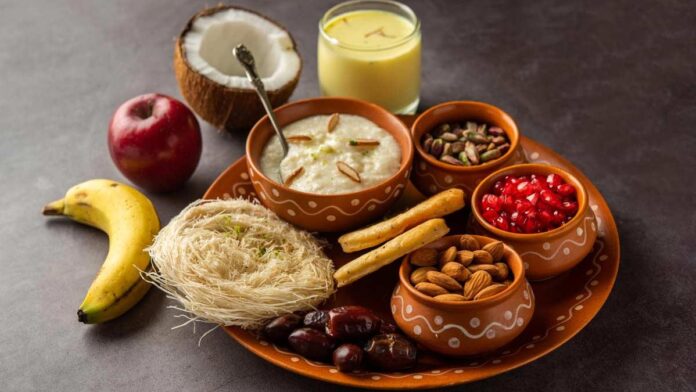Karva Chauth is a significant Hindu festival celebrated by married women, particularly in North India. It symbolizes love, devotion, and the bond of marriage, where wives observe a day-long fast, praying for the long life, prosperity, and well-being of their husbands. Two key elements of this festival are the Sargi (a pre-dawn meal) and the fasting ritual. Both play a crucial role in the cultural and spiritual aspects of the celebration.
- What is Sargi?
Sargi is a pre-dawn meal prepared and sent to the fasting woman by her mother-in-law. It is consumed early in the morning, before sunrise, and marks the beginning of the fast. Traditionally, it is a meal that includes a variety of nutritious foods that help sustain energy levels throughout the day, as women observing the fast do not consume food or even water until the moon rises in the evening.
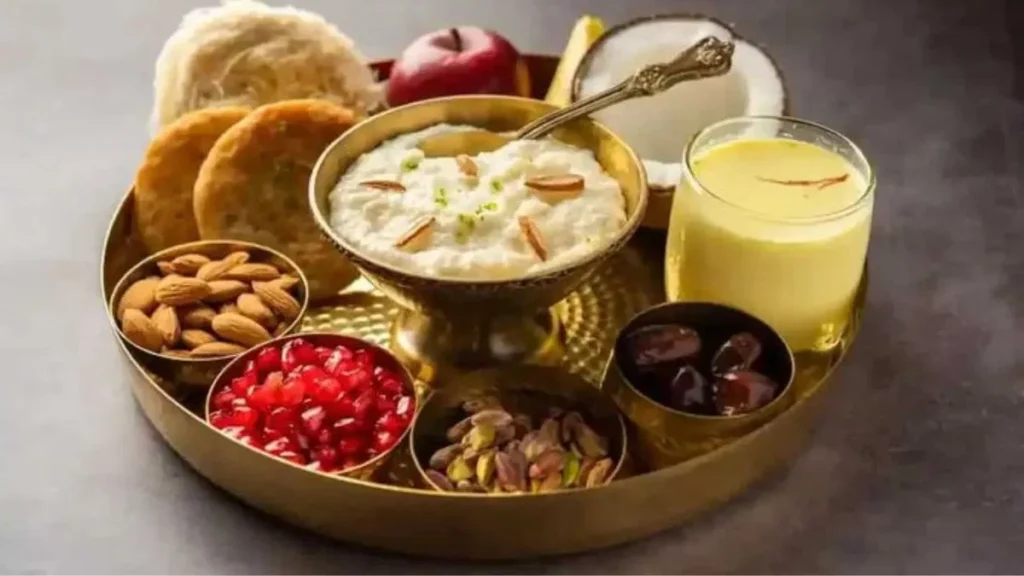
Components of Sargi:
Fruits: Rich in fiber and water content, helping to keep the body hydrated and full throughout the day.
Dry Fruits and Nuts: Provide essential nutrients, proteins, and energy.
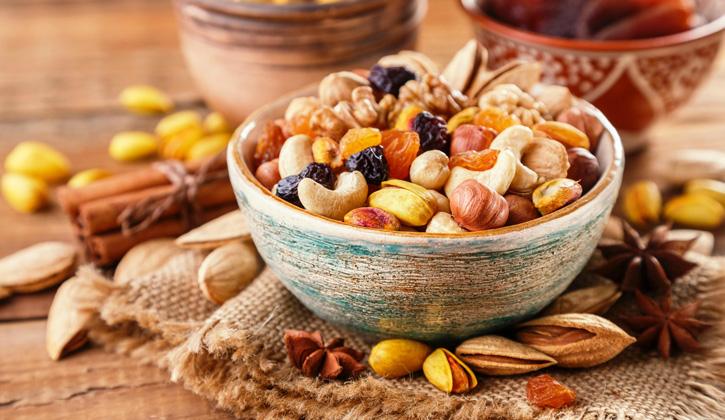
Sweets (like Pheni or Mathri): Give a boost of carbohydrates to maintain energy levels.
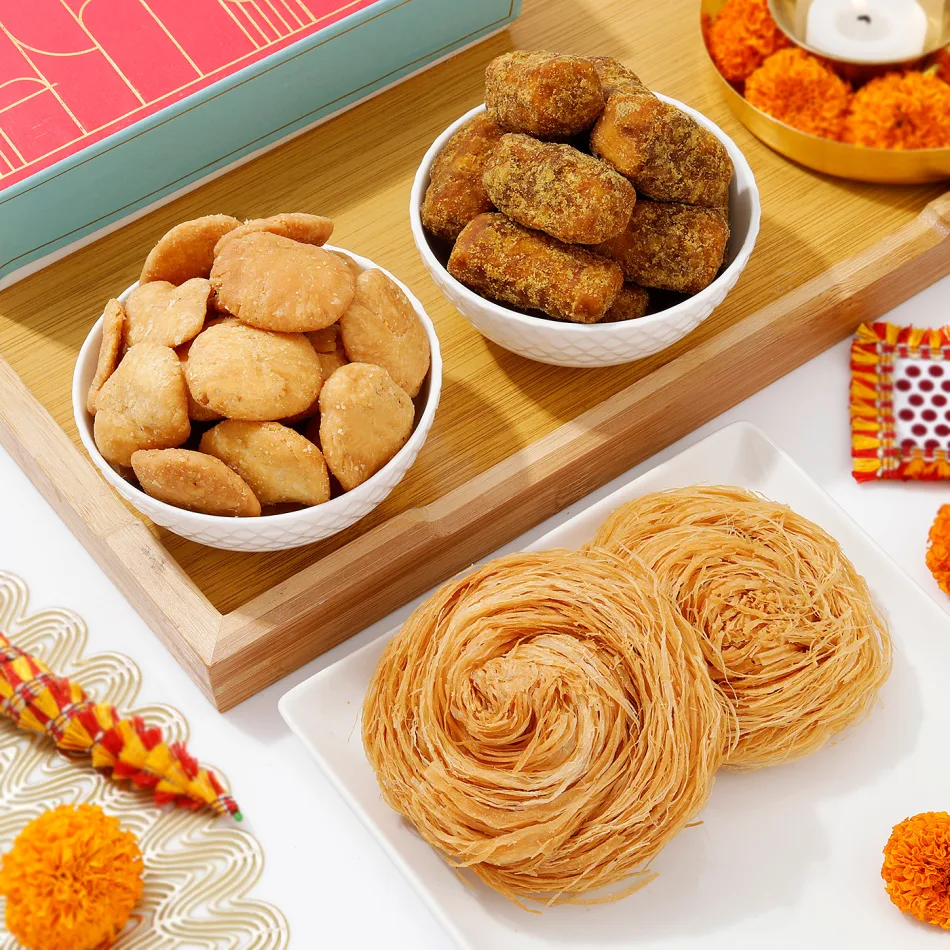
Savory Snacks: Often made with ingredients that keep the stomach feeling fuller for longer.
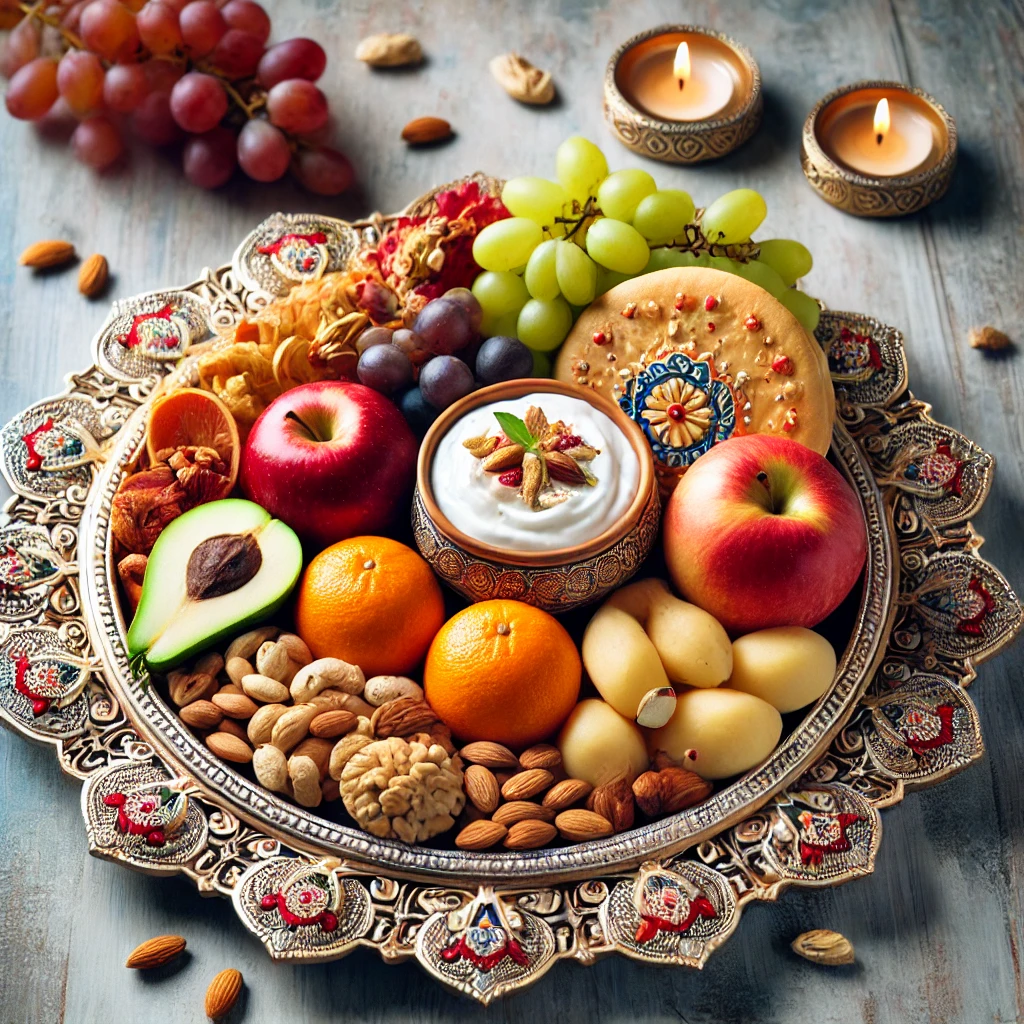
Coconut and Water: Sometimes coconut water is included for hydration.

Relevance of Sargi:
The tradition of Sargi is deeply symbolic. It represents the bond between a mother-in-law and daughter-in-law. By giving Sargi, the mother-in-law blesses her daughter-in-law, expressing her love, care, and wishes for her marital happiness. Sargi also provides physical nourishment, helping women maintain their strength during the day-long fast.
Cultural Significance:
Strengthening Family Bonds: Sargi is seen as a gesture of affection and bonding. It strengthens the relationship between the mother-in-law and daughter-in-law, symbolizing mutual respect, love, and goodwill.
Blessings and Prosperity: It is believed that consuming Sargi prepared by the mother-in-law brings blessings, prosperity, and positive energy, ensuring a smooth and fulfilling fast.
2. Fasting on Karva Chauth
The most important aspect of Karva Chauth is the fast observed by married women. The fast begins before sunrise and ends only after the moon rises in the evening. During this period, women abstain from food and water. This fast is not just a physical challenge but a spiritual one, reflecting the dedication, love, and devotion of a wife toward her husband.
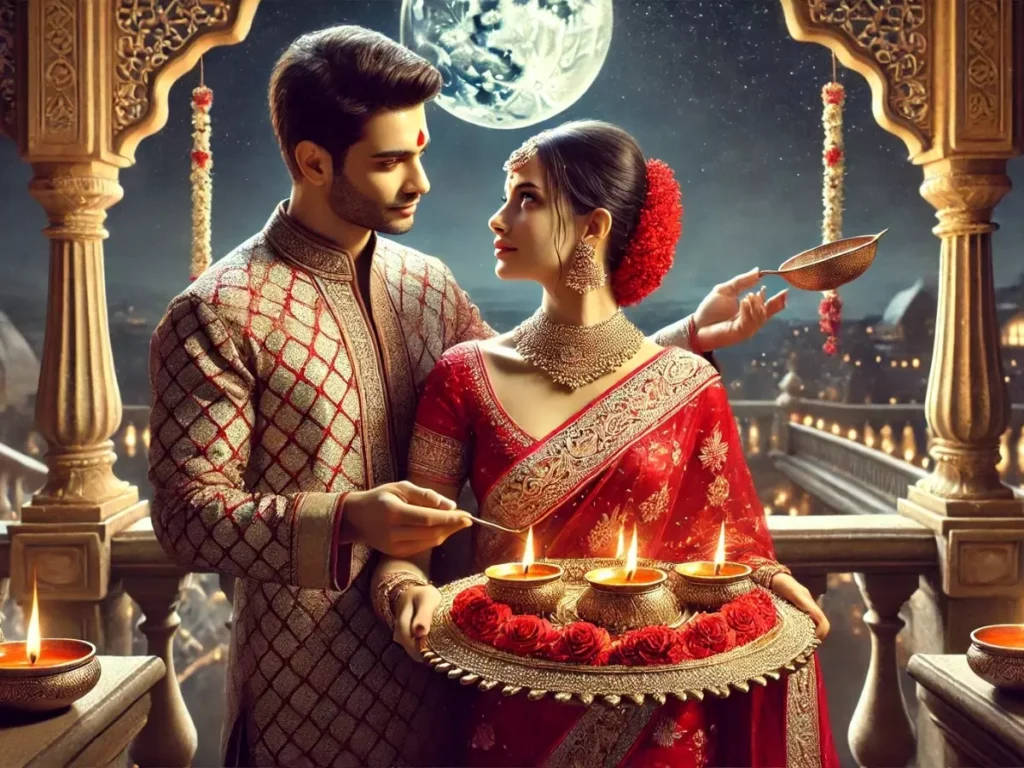
Relevance of Fasting:
Expression of Love and Devotion: The fast is an act of love, wherein the wife prays for the long life, health, and prosperity of her husband. It signifies her dedication to her marital relationship and her willingness to make sacrifices for her partner’s well-being.
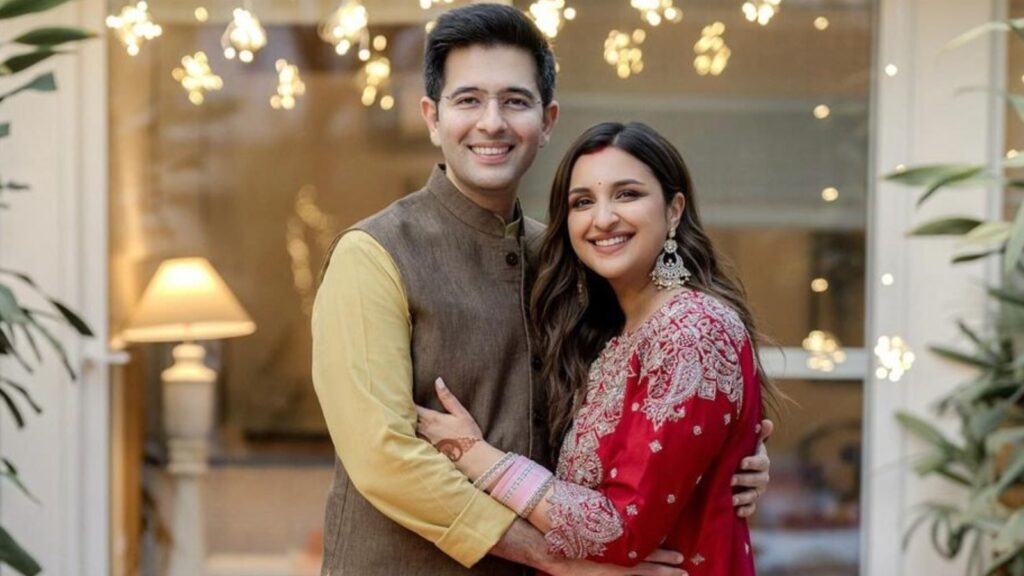
Spiritual Cleansing: Fasting is also considered a way to cleanse the body and mind. It is seen as a way to purify one’s thoughts, reduce worldly distractions, and focus on prayers. The day is spent in reflection, devotion, and spiritual activities.

Strengthening Marital Bonds: The act of fasting together has now become a trend where some husbands join their wives in fasting, symbolizing their mutual love and solidarity. It strengthens the bond between the couple and represents their commitment to each other.
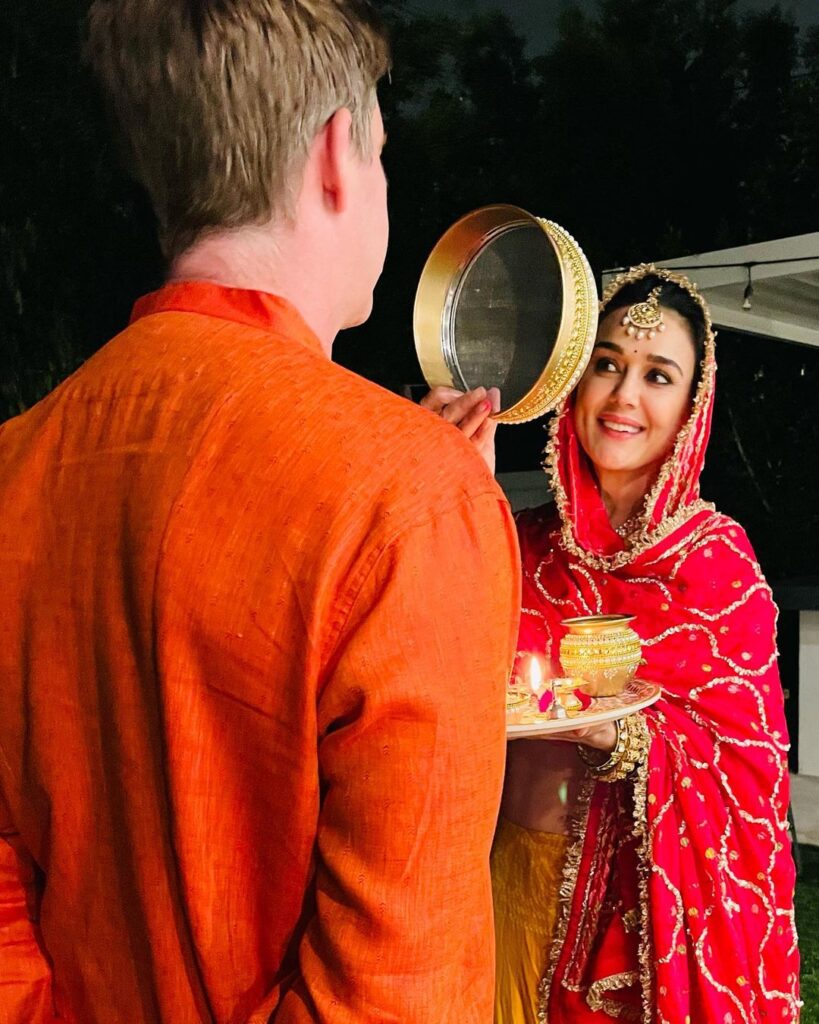
Traditional Rituals Involved with Fasting:
Puja and Prayers: Women dress in beautiful traditional attire, often in red or other vibrant colors. They apply henna, wear jewelry, and prepare a special thali (plate) for the evening puja, which includes diya (lamp), kumkum (vermilion), and other offerings.
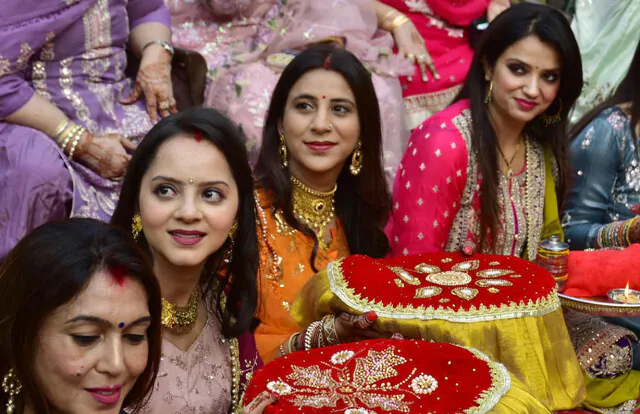
Reading the Karva Chauth Katha: During the day, women gather to listen to the Vrat Katha (fasting story) that narrates the significance and history of Karva Chauth. This is an essential part of the fasting ritual.
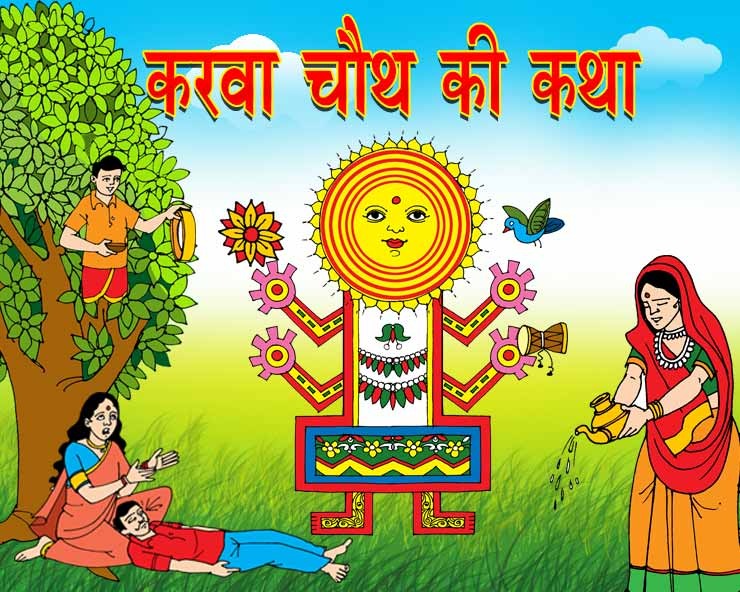
Breaking the Fast: In the evening, the fast is broken after sighting the moon. Women offer prayers to the moon, seeking blessings for their husbands. The husbands then offer water and the first morsel of food to their wives, marking the end of the fast.
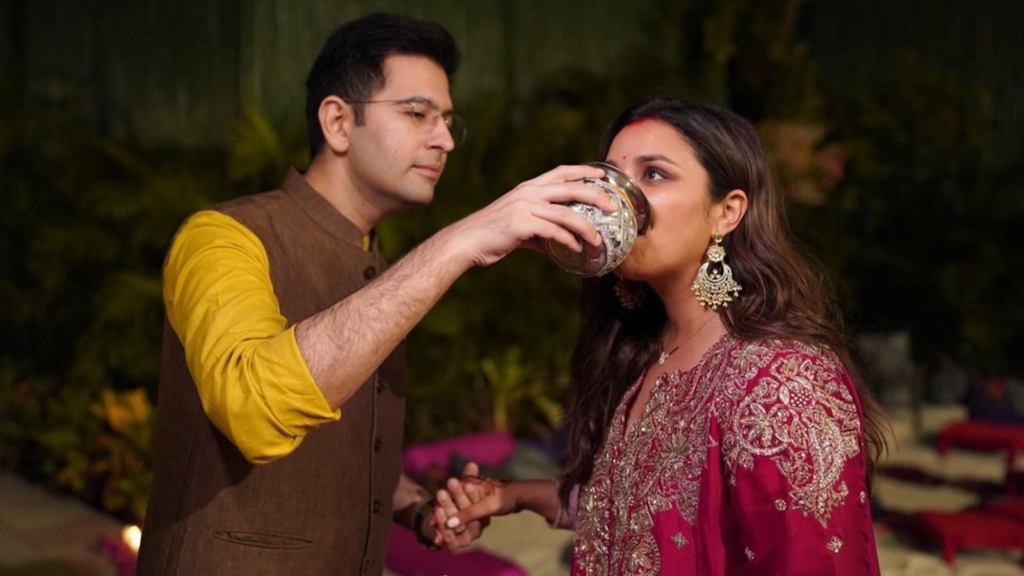
Historical and Mythological Significance
Karva Chauth has roots in ancient Hindu traditions, where fasting was often seen as a powerful form of prayer. There are many legends associated with the festival, one of the most popular being the story of Queen Veeravati, whose devotion and fast brought her husband back to life. Stories like these emphasize the power of a wife’s prayers and devotion in ensuring her husband’s well-being.
Modern-Day Adaptations
While the essence of the festival remains the same, there have been some modern adaptations:
Joint Fasting: Many husbands now choose to fast alongside their wives, showing their mutual love and support. This reflects a shift toward equality and shared values in relationships.

Health-Conscious Sargi: The focus has shifted towards healthier Sargi options, including fresh fruits, juices, and nutrient-rich foods that provide sustained energy throughout the day.
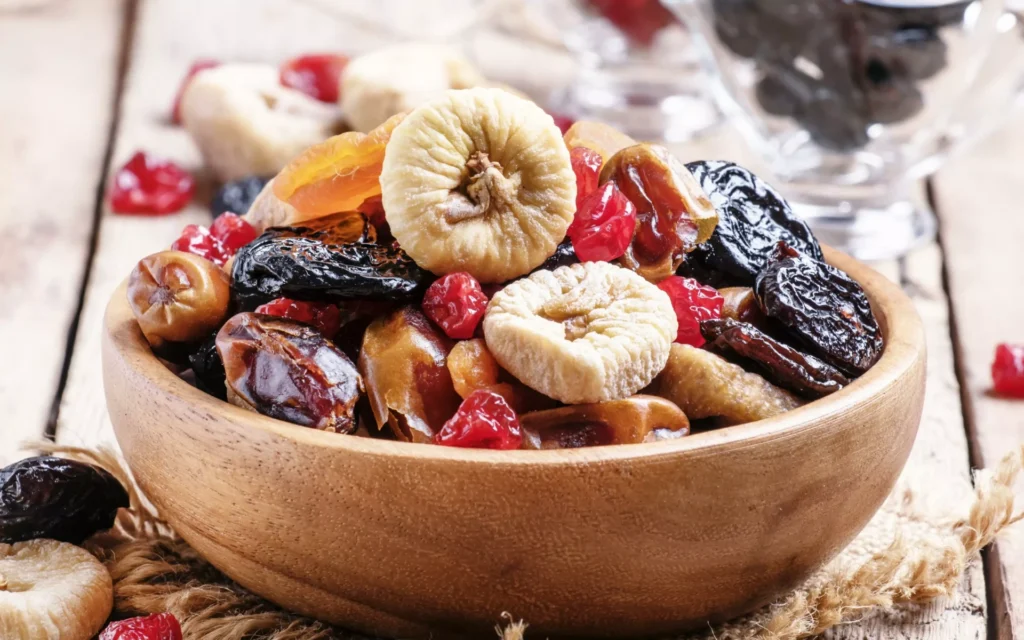
Conclusion
The tradition of Sargi and fasting on Karva Chauth is deeply embedded in Indian culture, symbolizing love, devotion, and commitment. While the fasting ritual represents the strength of marital bonds, Sargi is a gesture that celebrates the family relationships, passing down blessings from one generation to the next. Over the years, these customs have brought women together, creating a sense of community and shared spirituality, and have evolved to include the participation of husbands, further enhancing the significance of this beautiful festival.



